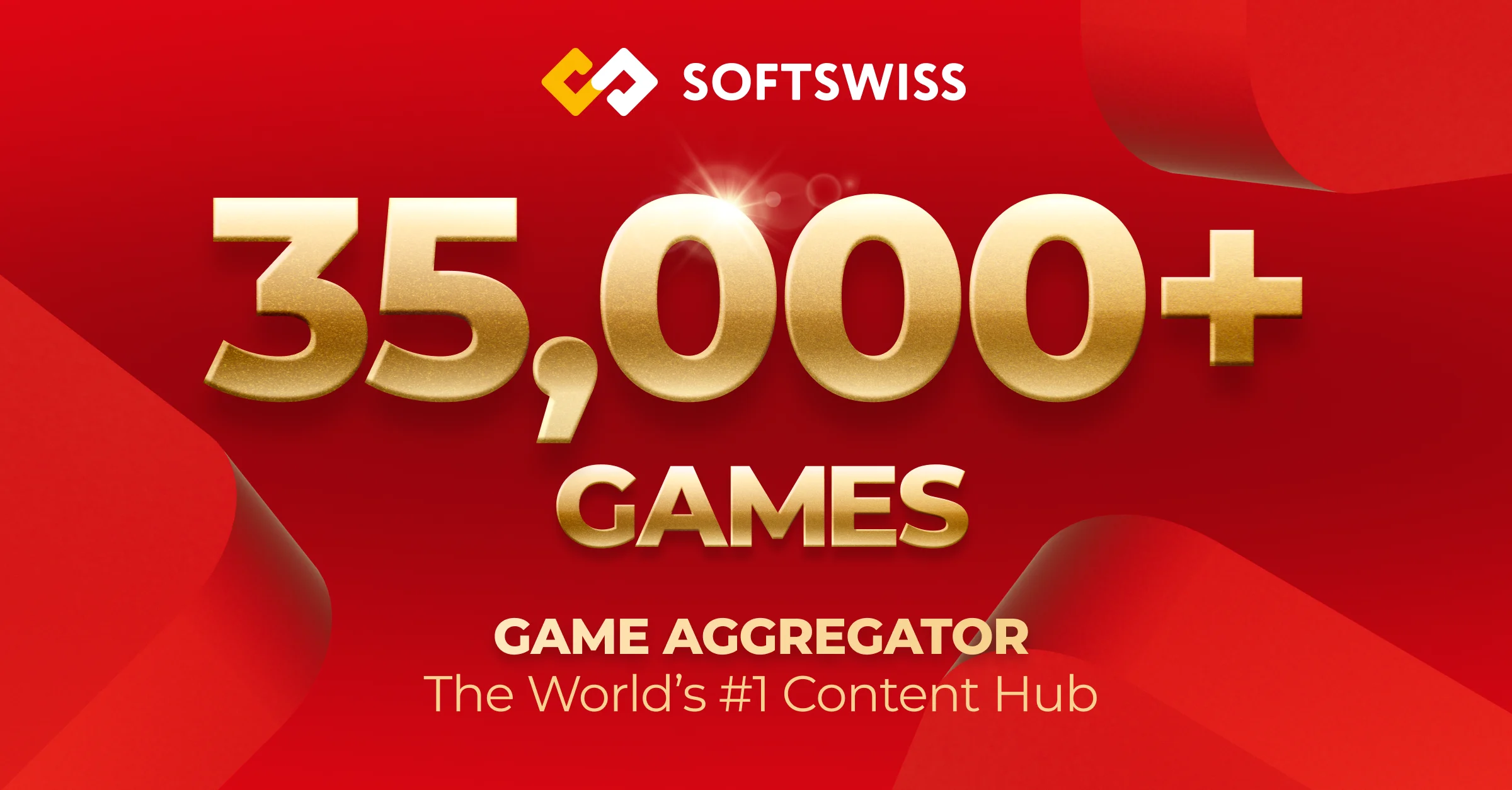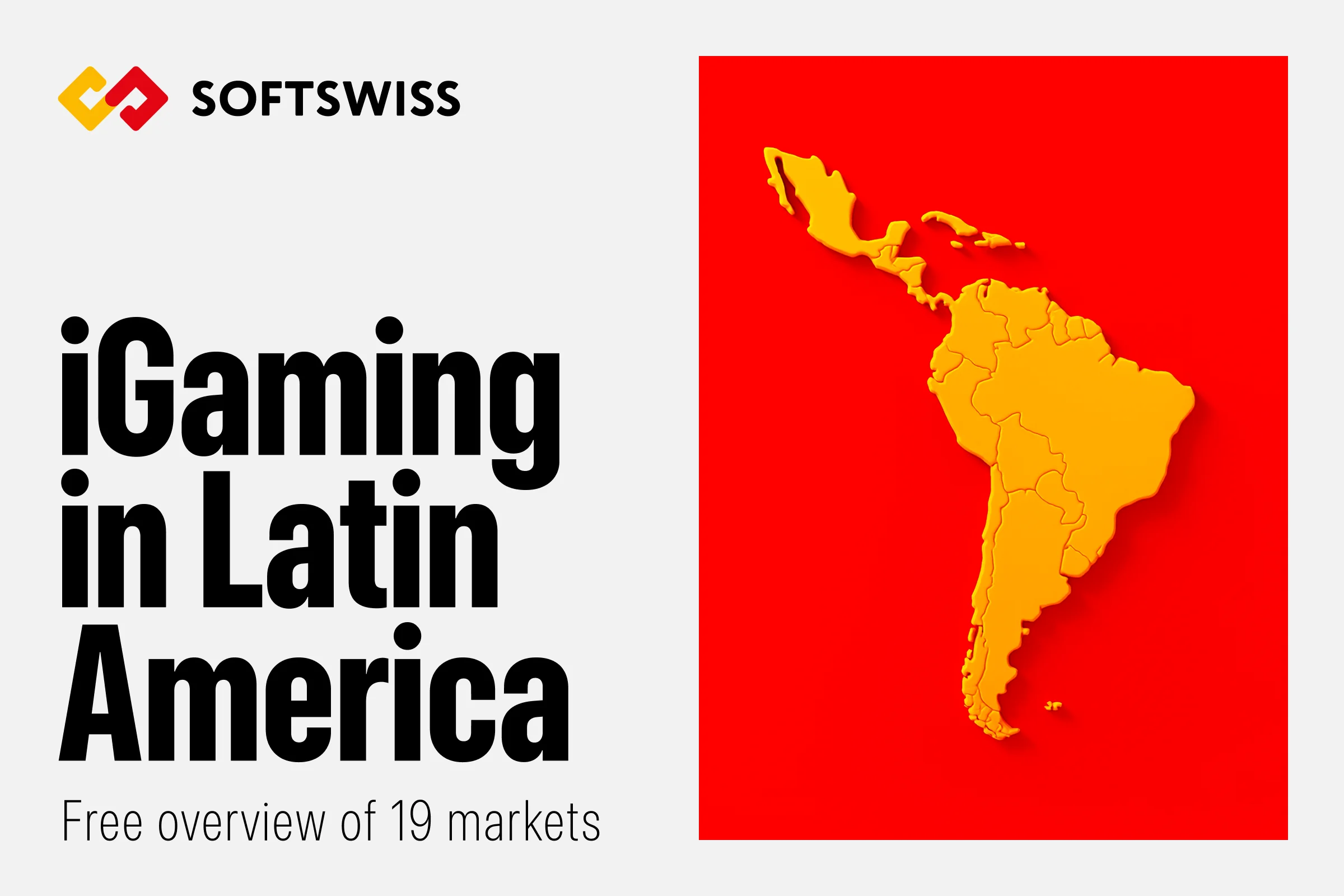Fraud in iGaming is among the most common problems for operators, according to the news in the finance sector.
The gambling vertical is considered a high-risk industry by financial institutions. In addition to the risks of money laundering, online casinos often experience other fraudulent actions done by customers.
Kristino Vella, Head of Risk, Payments and Fraud at Hero Gaming, has told GBC Time readers about insecurities in the payments sector of the gambling industry.
Fraud in the gambling industry is a rather broad topic. However, it will be interesting for our readers to know: what are the main types of fraud in the industry?
As a result of working in the risk & fraud department for the past 10 years, I would say that the main fraudulent cases we encounter in our daily operations would be bonus/promotional abuse, stolen credit card or other payment method related data and document forgery. To minimize losses, protect genuine customers, and ultimately safeguard the license that the brand is operating on, a robust fraud/risk department is essential for the smooth operation of a gaming company. Let us not forget that online casinos process worth of millions of transactions from different jurisdictions worldwide, and therefore where there is huge money involved, there are potential risks leading to criminal activity.
How widespread is friendly fraud? What can operators do to prevent it?
Friendly fraud occurs when a consumer makes a deposit to an online merchant, in this case, a gaming operator with their own credit card, and then requests a chargeback from the issuing bank after he/she would have lost the money, claiming that it was not them who made that transaction. As all transactions to a gaming operator are made online, and customers have become savvier in purchases over the internet, we are seeing that “friendly”, or what is also referred to as 1st party fraud, is becoming more common. If I had to quote a rough benchmark, I would say that 1 in every 5 chargebacked transactions can be classified as friendly fraud.
With the introduction of PSD2, however, we have seen a steep decline compared to before, because nowadays there is a very strong 2-factor authentication embedded in most online payment solutions. Therefore, by having such strong authentication, the customer’s claim for a refund can be fought with more evidence. Fraud tools that read device fingerprinting, proper due diligence at the right risk level, and transaction anomaly alerts also help to fight back these unlawful refund claims.
Why are chargebacks a threat to a gambling business?
Handling payment disputes isn’t the most pleasant job in the iGaming world, but it’s necessary. Let us keep in mind that the credit/debit card payment solution is still very much one of the most common, if not the most common method of deposit and withdrawal at online casinos. Chargebacks can eat into revenue because the merchant not only has to refund the deposit back to the cardholder, but it also needs to pay administrative payment service provider or bank fees on each chargeback transaction.
To add insult to injury, if the ratio of chargebacks calculated on the deposited amount surpasses 1%, the card provider may force you to enter a costly chargeback mitigation program. This will classify the operator as high risk for other payment providers, and, as a result, will either terminate the business relationship or else increase their cost significantly.
What customers’ data should operators constantly monitor to avoid fraudulent cases?
There are a lot of data and behavior that a fraud analyst can monitor to prevent or quickly react to instances of fraud in an online casino site. Customer profiling along with a detailed risk assessment on the account in question helps the fraud prevention team better understand what behavior is expected from that customer. As an example, it is quite improbable that a normal player attempts to deposit using 10 different credit cards in a day, or an individual has accessed his/her account from 6 different countries in 24 hours (unless he/she has a private jet at his/her disposal, and he/she is gambling mid-air).
In profiling customers, we sometimes also refer to social media and internet open searches as this gives us a wealth of information about the affordability of customers. A gambling operator needs to ascertain that the money it is accepting for betting has not proceeded from crime, and therefore, one needs to be totally satisfied with the due diligence proof before allowing customers to gamble substantial amounts.
What are the major risks in payments in the gambling industry?
Despite the security advances made to minimize as much as possible financial risks, there are still gaps that the criminals exploit. Anonymous payment methods are one of the headaches when verifying the origin of funds. Using illegally obtained cash, someone can buy a pre-paid card and then deposit the money into his/her gaming account. This becomes even more elaborate when you have syndicates colluding. The illegally acquired cash is then lost purposely in peer-to-peer games and moved around to conceal its origin. Finally, a launderer can integrate and legitimize the criminal money by stating that the money has been made from gambling.
To counteract such risks brought about by these payment methods, gambling operators must perform enhanced due diligence at a much earlier stage when compared to other solutions and should increase continuous close monitoring on the said account.
What European countries are the most watchful and cautious for financial operations connected with gambling services? Which of them have the tightest regulations?
Nowadays, online gaming has become a highly regulated industry. These regulations aren’t standardized across jurisdictions and therefore, a gambling operator must apply to obtain a local license to operate in that market. This means, that if you acquire a license let’s say in the UK, you are not necessarily allowed to accept global traffic unless you have a strong internationally recognized license such as the Maltese gambling license.
It’s a good idea to keep a close eye on each individual market in which you operate for any regulation changes to avoid flouting them, which can lead to fines and even trading bans. The UK Gambling Commission is very well known for its strict social responsibility gambling and anti-money laundering measures and directives. To put our readers into perspective, it has issued a GBP 13 million fine for such related shortcomings in 2020 to one particular casino.
From an operator’s point of view, what payments are the most secure?
Payment options are rapidly increasing, and as a way of enhancing one’s gaming experience, casinos are constantly offering more and more appealing choices. Some funding methods promote speed, others security and some even offer anonymity. From experience, bank transfers and 3D secure card transactions are the safest. This is because SEPA bank transfers nowadays are mostly instant, and some providers also send the KYC of the customer along with each transaction made. This gives the operator peace of mind that it knows for sure that the incoming deposit or outgoing withdrawal can be truly matched with the casino account owner. Furthermore, as explained earlier in this interview, 3D secure card deposits offer less risk of chargebacks, and with most Visa transactions, one can also re-route any winnings made back to the same card, therefore minimizing completely any chances of fraud.
Read more: Top Affiliate Networks in Nordic Countries












